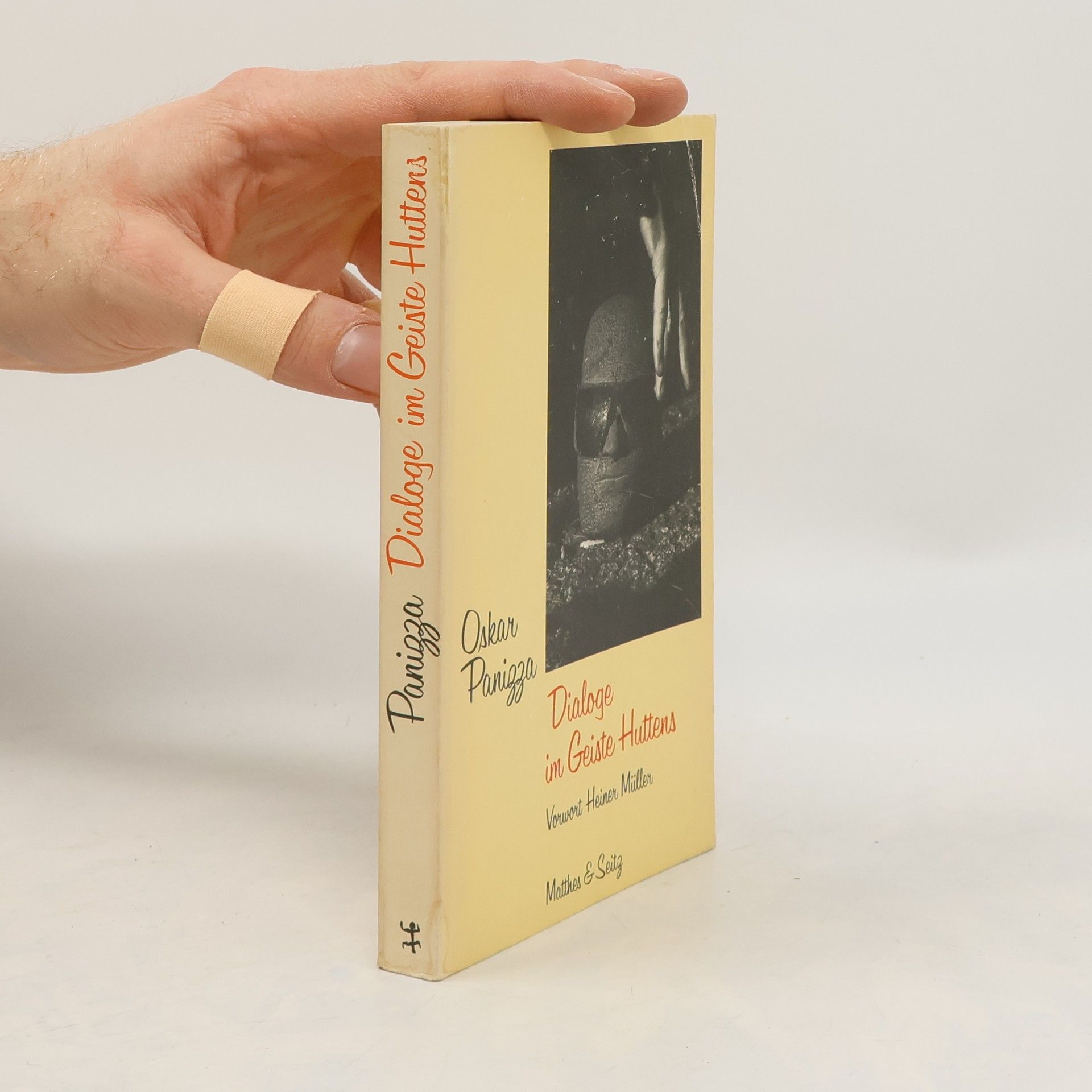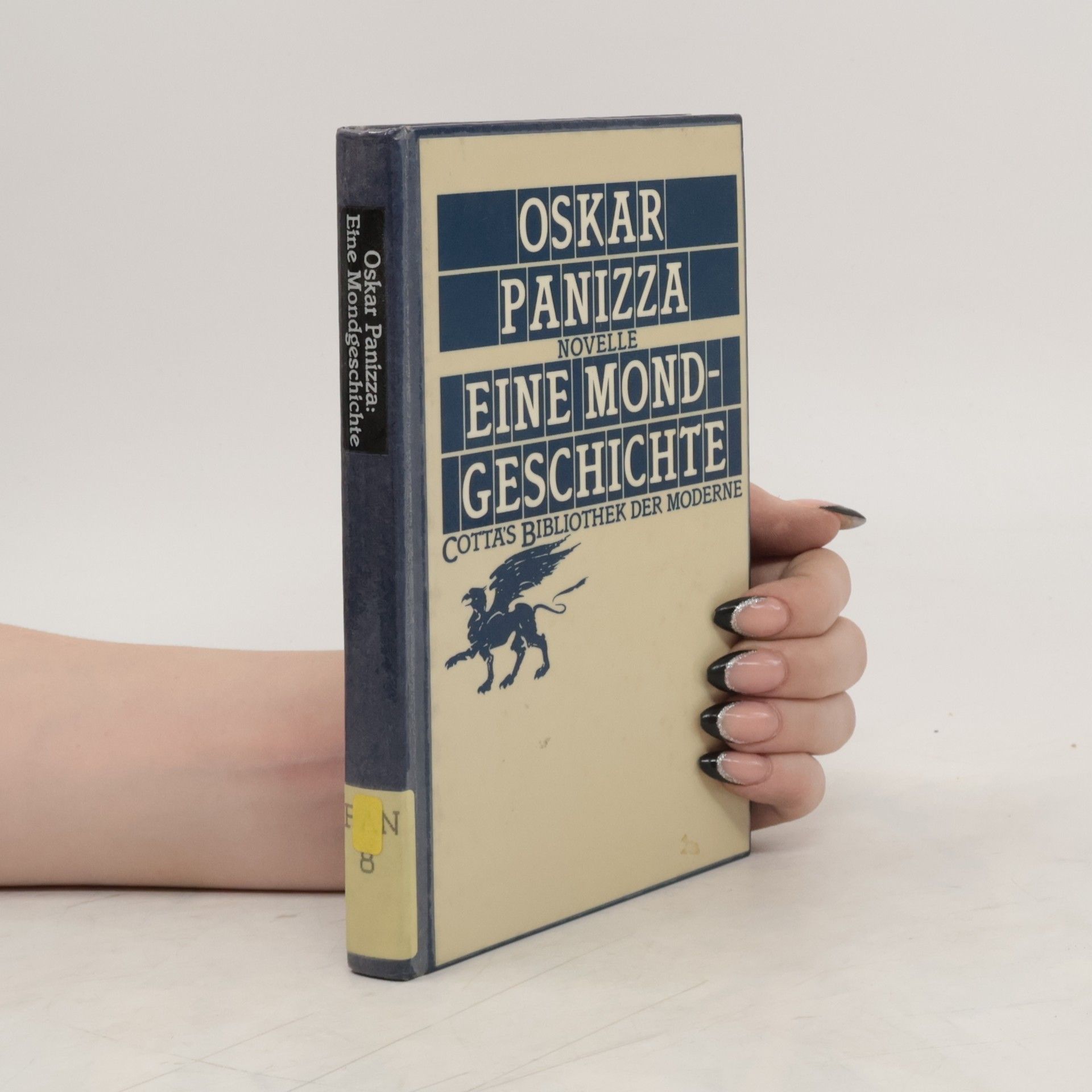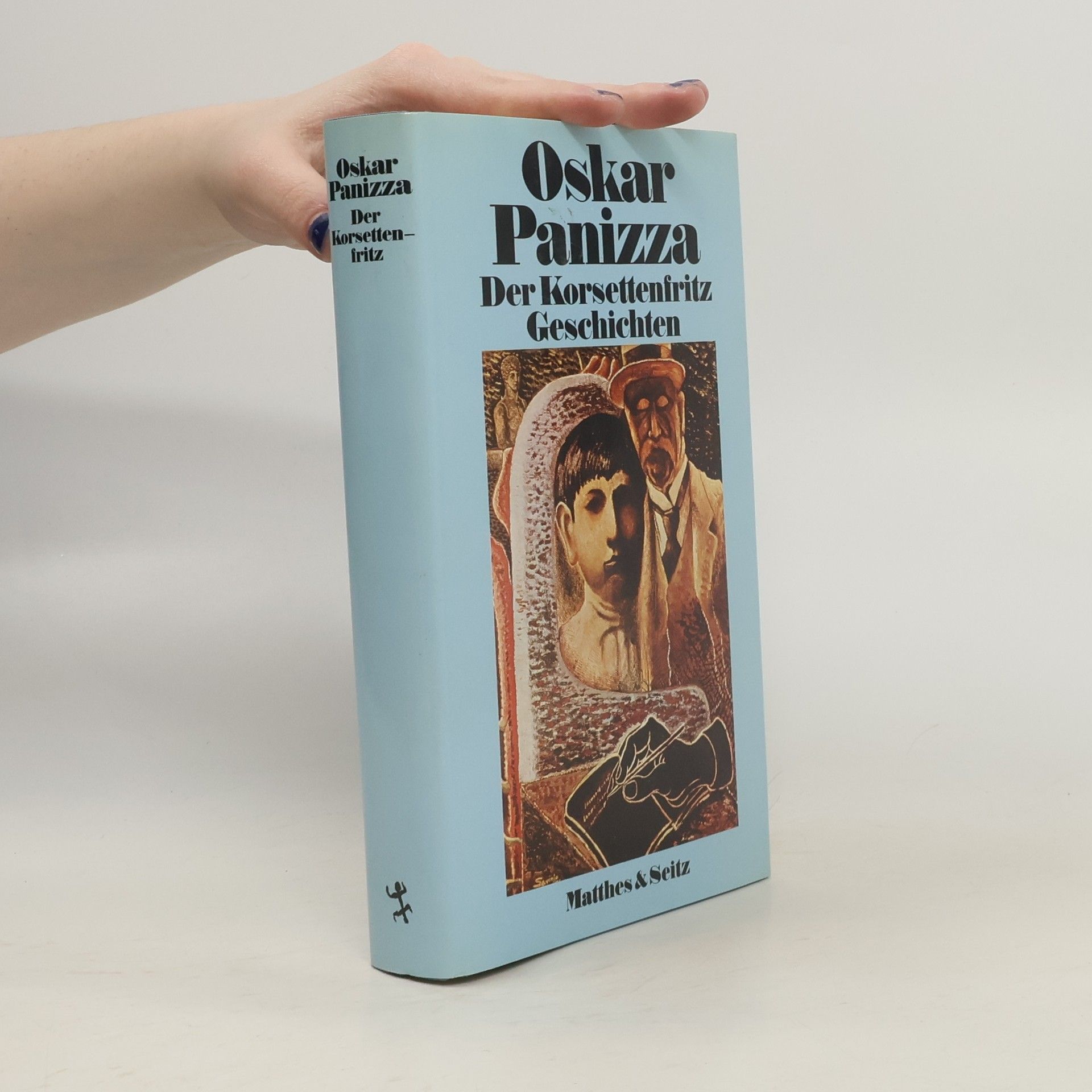In "Dämmerungsstücke" präsentiert Oskar Panizza grotesk-fantastische Erzählungen, die 1890 seinen Durchbruch markierten. Inspiriert von Edgar Allan Poe, provozierte er 1895 mit dem antikatholischen Stück "Das Liebeskonzil" einen Skandal. Panizza wurde zum literarischen Provokateur und litt in seinen letzten Lebensjahren unter Wahnvorstellungen.
Oskar Panizza Book order (chronological)
Oskar Panizza was a provocative German writer and dramatist known for his polemical style. He used his writing as a form of therapy against his own psychological instability. Panizza fiercely opposed established church and state authorities, leading to his works being banned and him serving prison time. His writings often delivered sharp critiques of social and political powers, making him a controversial yet significant literary figure of his era.






Die Menschenfabrik
- 64 pages
- 3 hours of reading
Schon 1890, lange vor Orwell und Huxley, hat Oskar Panizza sich in Die Menschenfabrik prophetisch, fesselnd und verstörend mit den Gemeinsamkeiten und Unterschieden von Mensch und Maschine auseinandergesetzt. Seine Erzählung handelt von der Optimierung der Menschheit, von der drohenden Herrschaft der künstlichen Intelligenz – und fragt danach, was den Menschen überhaupt ausmacht.
"Ein Bischen Gefängnis und ein Bischen Irrenhaus"
- 302 pages
- 11 hours of reading
"Das war sein Leben, darüber schrieb er. Das 'Panizza-Lesebuch' zeigt den wütenden, den verzweifelten, aber auch den bisher kaum bekannten humorvollen, spöttischen Panizza in Prosa, Briefen, Gedichten und essayistischen Texten. Neuentdecktes gegen den Katholizismus und über die Passionsspiele in Oberammergau erinnert an den Pamphletisten, Volkskundler und Theaterwissenschaftler. Seine erstmals vollständig gedruckten Notizen aus dem Amberger Zuchthaus spiegeln Gefängnistexte von Rosa Luxemburg bis Peter-Paul Zahl wider. In Korrespondenz mit emanzipierten Schriftstellerinnen stellt das 'Panizza-Lesebuch' erstmals auch den amourösen Mephisto Panizza vor. Von seiner militant religiösen Mutter überwacht und als Zögling einer pietistischen Knabenschule möglicherweise missbraucht, taumelte er in seinen Fantasien ein Leben lang zwischen grossen Frauen wie Franziska zu Reventlow und schlichten Freudenmädchen"--Page 4 of cover
Sammlung Luchterhand - 622: Neues aus dem Hexenkessel der Wahnsinns-Fanatiker und andere Schriften
- 236 pages
- 9 hours of reading
German
Oskar Panizza: Dialoge im Geiste Huttens Erstdruck: Zurich (Verlag der Zurcher Diskuionen) 1897. Die Eigenwilligkeiten von Panizzas Orthographie wurden beibehalten. Neuausgabe mit einer Biographie des Autors. Herausgegeben von Karl-Maria Guth. Berlin 2017. Textgrundlage ist die Ausgabe: Oskar Panizza: Dialoge im Geiste Huttens. Mit einem Vorwort von Heiner Muller, Panizzajana von Bernd Mattheus und Beitragen im Geiste Panizzas von Karl Gunther Hufnagel und Peter Erlach, Munchen: Matthes & Seitz, 1979. Die Paginierung obiger Ausgabe wird in dieser Neuausgabe als Marginalie zeilengenau mitgefuhrt. Umschlaggestaltung von Thomas Schultz-Overhage unter Verwendung des Bildes: Ulrich von Hutten, Kupferstich von Bernigeroth.. Gesetzt aus der Minion Pro, 11 pt.




